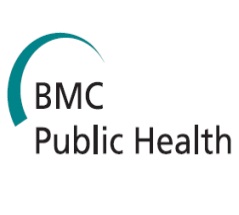Abstract
The advent of in vitro fertilization (IVF) in animals and humans implies an extraordinary change in the environment where the beginning of a new organism takes place. In mammals fertilization occurs in the maternal oviduct, where there are unique conditions for guaranteeing the encounter of the gametes and the first stages of development of the embryo and thus its future. During this period a major epigenetic reprogramming takes place that is crucial for the normal fate of the embryo. This epigenetic reprogramming is very vulnerable to changes in environmental conditions such as the ones implied in IVF, including in vitro culture, nutrition, light, temperature, oxygen tension, embryo-maternal signaling, and the general absence of protection against foreign elements that could affect the stability of this process. The objective of this review is to update the impact of the various conditions inherent in the use of IVF on the epigenetic profile and outcomes of mammalian embryos, including superovulation, IVF technique, embryo culture and manipulation and absence of embryo-maternal signaling. It also covers the possible transgenera‑ tional inheritance of the epigenetic alterations associated with assisted reproductive technologies (ART), including its phenotypic consequences as is in the case of the large offspring syndrome (LOS). Finally, the important scientific and bioethical implications of the results found in animals are discussed in terms of the ART in humans.








